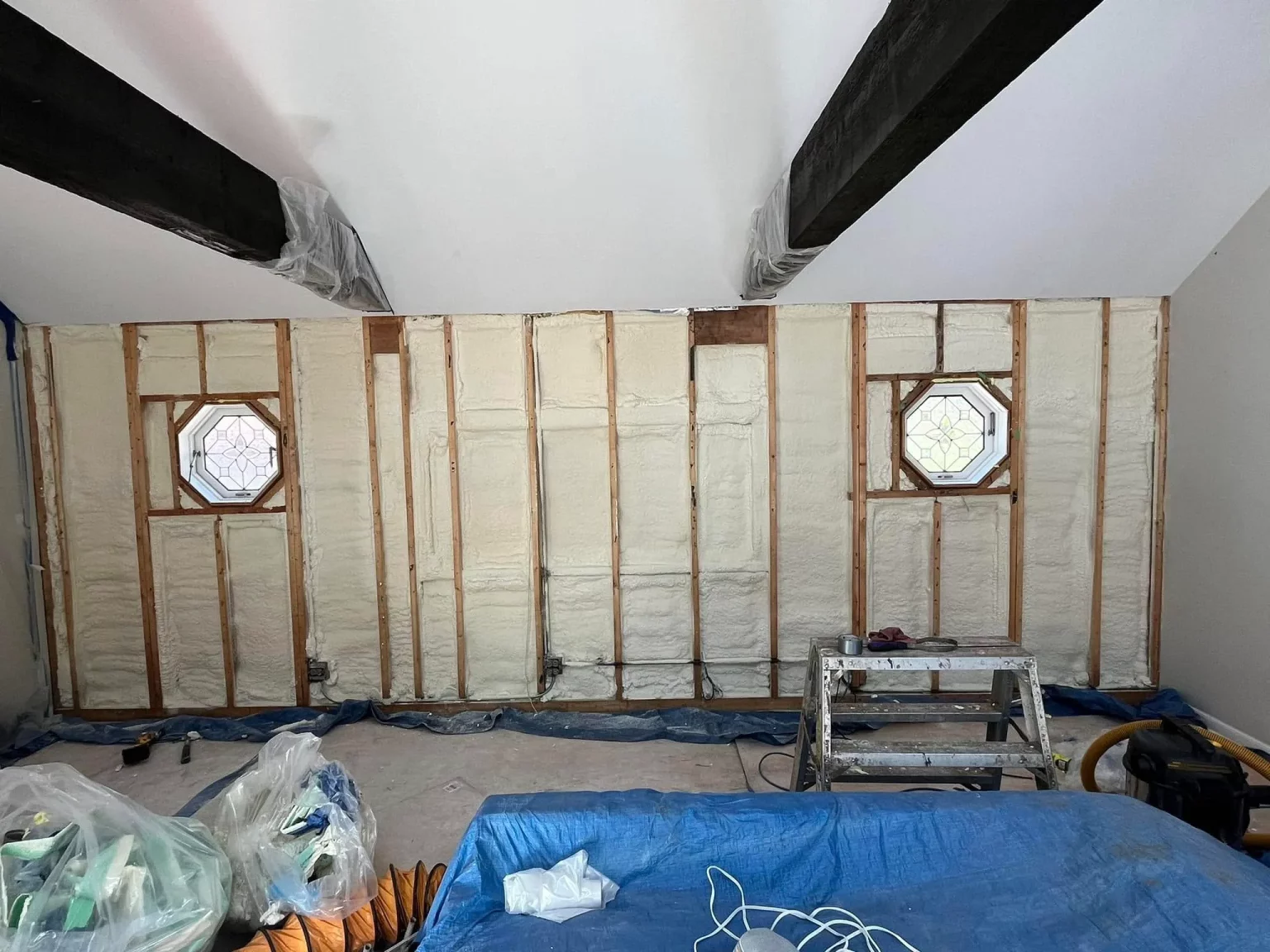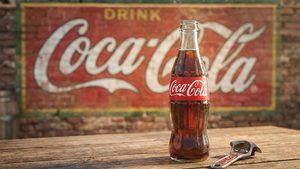South Chicago Insulation, LLC has announced the expansion of its residential and commercial insulation services in Schaumburg, IL, throughout the region. The company, which has operated in the Chicago metropolitan area, confirmed that the expansion became effective this month, extending its availability to property owners seeking insulation installation and upgrade services. The expansion addresses increased demand for energy efficiency improvements in both residential and commercial buildings. According to the U.S. Department of Energy, heating and cooling account for approximately 50 to 70 percent of the energy used in the average American home, making proper insulation one of the most cost-effective ways to reduce energy consumption.
Proper insulation can cut heating and cooling costs by about 15%, according to the EPA, and comprehensive air sealing and insulation improvements can lower energy bills by up to 20%. This has increased interest among property owners in upgrades. The North American Insulation Manufacturers Association notes that roughly 90% of U.S. single-family homes are under-insulated, often because they were built before modern energy codes or have aging insulation. Proper insulation services could save homeowners an average of $200 per year.

Bob Gasca, owner of South Chicago Insulation, LLC in Schaumburg, IL, explained the rationale behind the expansion. "We have seen consistent requests from property owners in areas we previously could not serve efficiently. This expansion allows us to respond to that demand while maintaining the same service standards. The timing aligns with the period when many property owners evaluate their energy efficiency needs before the heating season."
Building codes have raised recommended insulation levels over the past two decades. The International Energy Conservation Code (IECC) sets R-values, which measure thermal resistance, with higher numbers indicating better insulation. Recommendations vary by climate; northern regions require higher R-values. In Chicago, current codes suggest R-49 to R-60 for attics, R-13 to R-21 for walls, and R-25 to R-30 for floors above unheated spaces. Many older homes, especially pre-1980, fall short.
Insulation improves indoor comfort and air quality. The American Society of Heating, Refrigerating and Air-Conditioning Engineers notes that proper insulation helps maintain steady indoor temperatures and reduces heating and cooling cycles, which can extend equipment life and lower maintenance. Moisture control is also critical. The Building Science Corporation highlights that insulation should include vapor barriers and air sealing to prevent moisture accumulation, which can cause mold, wood rot, and reduced insulation performance.
Commercial buildings face similar challenges. The U.S. Energy Information Administration reports that commercial properties use about 18% of U.S. energy. Insulation upgrades can reduce costs and improve tenant comfort, potentially affecting property value and lease rates.
Recent developments in insulation include spray foam, which expands to seal gaps and offers higher R-value per inch. Fiberglass and cellulose remain widely used due to lower cost and established installation methods. Proper installation is essential; the Oak Ridge National Laboratory notes that mistakes like compressed batts or gaps can reduce effectiveness by 15–50%. Professional installers ensure correct coverage and technique.
Financial incentives also drive demand. Federal tax credits cover a percentage of qualified insulation costs, often requiring minimum R-values and certified installation. State and utility rebates provide additional savings. Municipalities in the Chicago area are increasingly implementing building performance standards, requiring energy assessments to cut carbon emissions from buildings, which contribute around 40% of U.S. emissions.
Property owners usually start with an energy assessment, using tools like infrared cameras and blower doors to identify heat loss. Recommendations prioritize cost-effectiveness, measured as energy savings per dollar spent. Payback periods vary by climate, existing insulation, energy prices, and material choice, typically ranging from two to eight years for homes. Commercial projects have different economics based on size, use, and rates.
The Joint Center for Housing Studies reports that spending on residential improvements reached billions in 2023, with energy efficiency growing as a segment. An aging housing stock and increased millennial homeownership support ongoing demand for insulation upgrades.
###
For more information about South Chicago Insulation, LLC, contact the company here:
South Chicago Insulation, LLC
Bob Gasca
(779) 803-8025
ask@southchicagoinsulation.com
407 E Joliet Hwy, New Lenox, IL 60451




